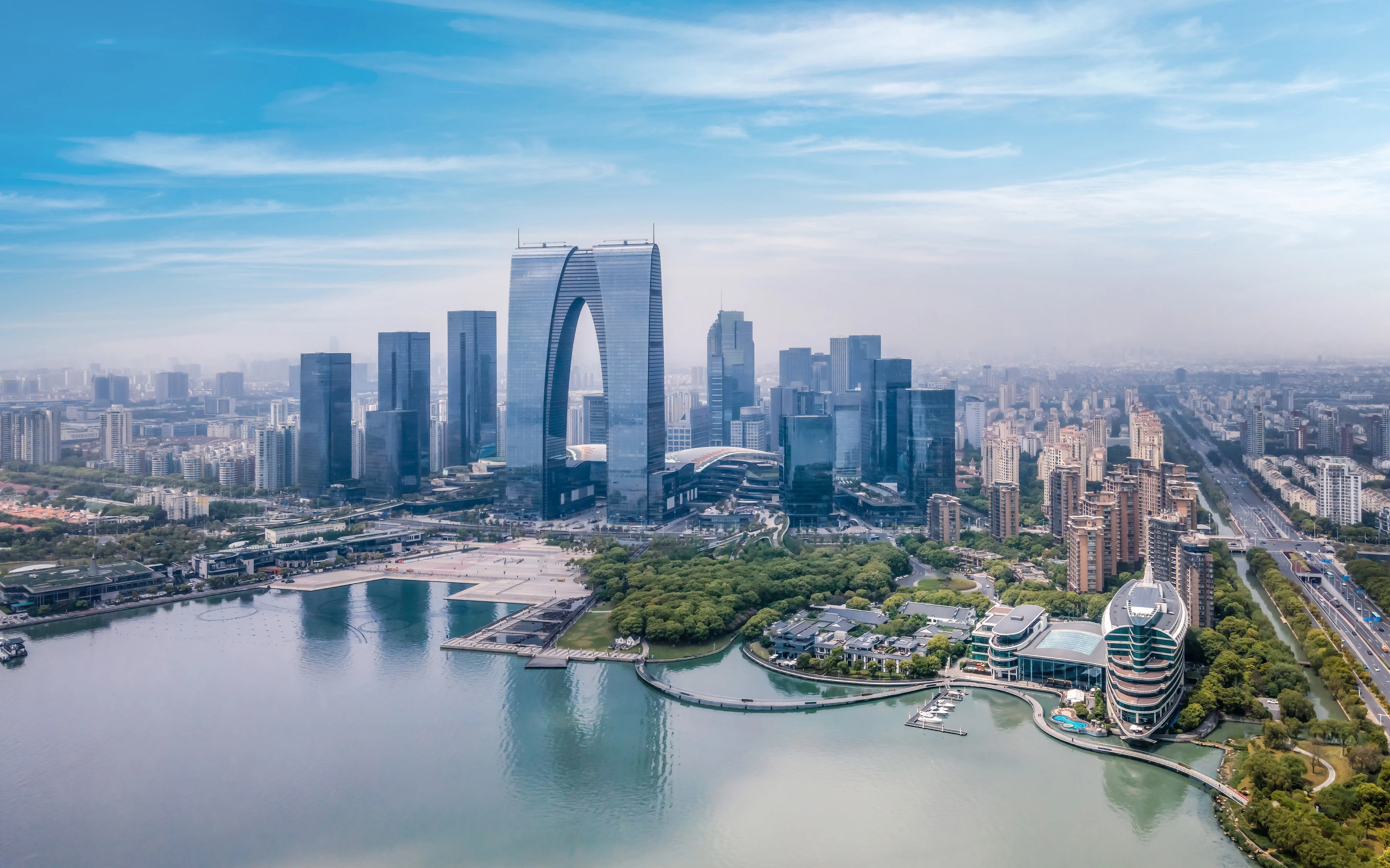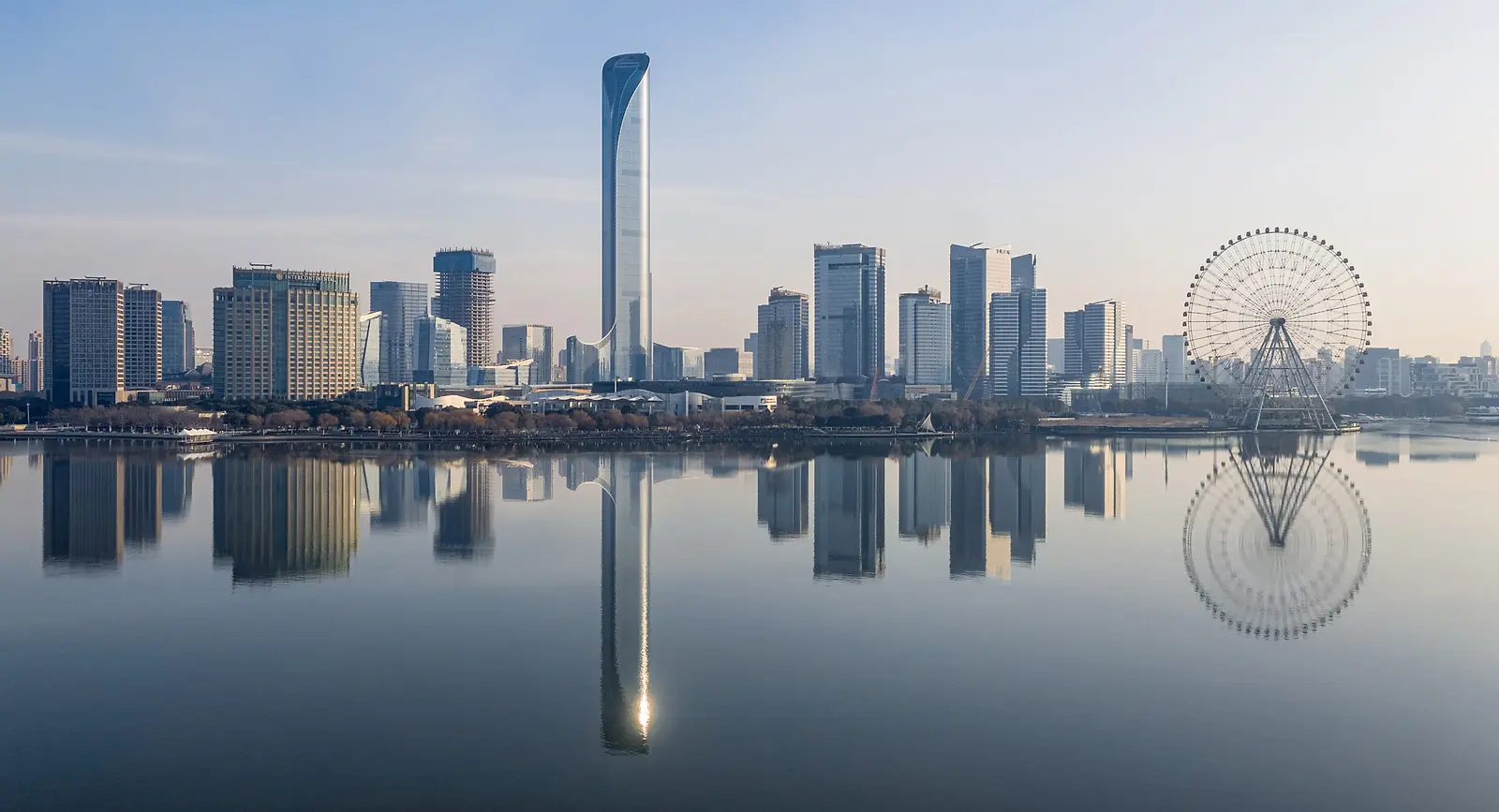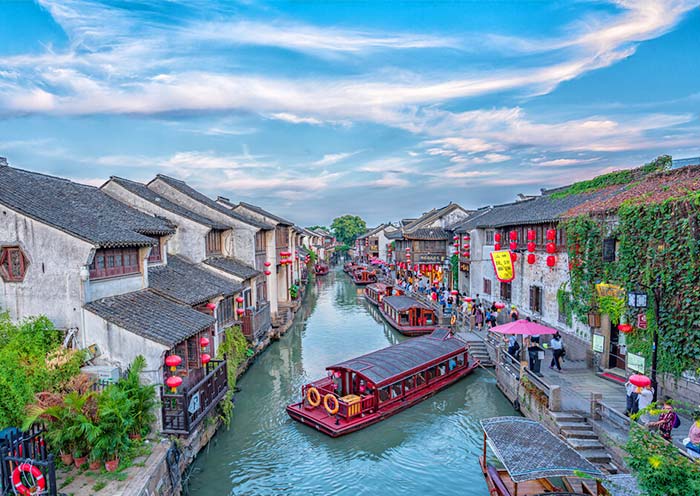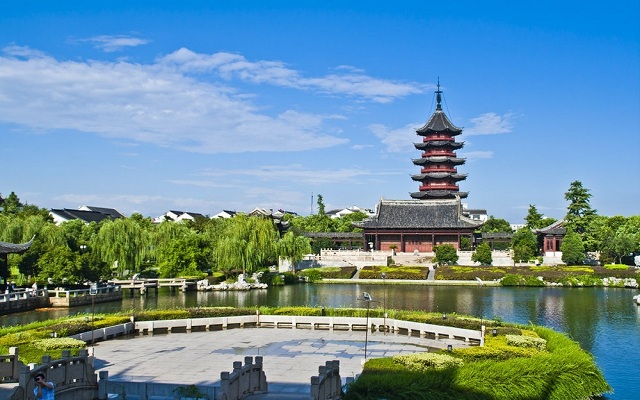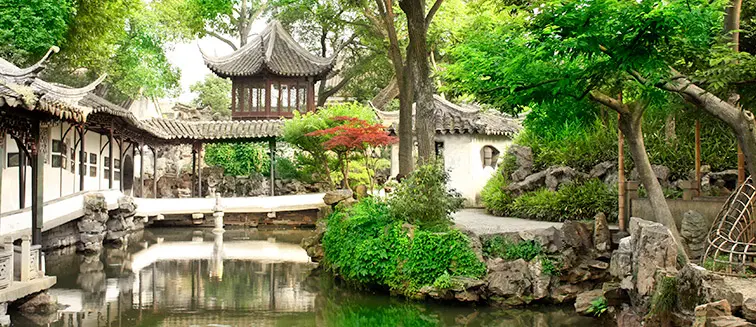Suzhou alternately romanized as Soochow, is a major prefecture-level city in southern Jiangsu province, China. As part of the Yangtze Delta megalopolis, it is a major economic center and focal point of trade and commerce.
Suzhou is located in the Yangtze River Delta Plain and Taihu Lake Plain. The entire area is low-lying, with numerous rivers and lakes. Most of the surface of Taihu Lake is within the borders of Suzhou City. It is a famous Jiangnan water town. It has a subtropical monsoon marine climate. Suzhou has a history of more than 4,000 years since written records began. During the Spring and Autumn Period, Shoumeng of the Eastern Zhou Dynasty established the Wu Kingdom. In 514 BC, King Helu of Wu began to build Suzhou City. In the Qin Dynasty, Wu County was established. In the ninth year of Kaihuang in the Sui Dynasty (589), it was first called Suzhou. In 1928, Suzhou City was established. Suzhou is an important city in the Shanghai Metropolitan Area and the Suzhou-Wuxi-Changzhou Metropolitan Area. It is one of the important central cities in the Yangtze River Delta approved by the State Council, a national high-tech industrial base, and a scenic tourist city. The city’s tourist attractions include canals, stone bridges, pagodas, and gardens. The Classical Gardens of Suzhou were added to the list of the UNESCO World Heritage Sites in 1997 and 2000. The city is home to universities, including Soochow University, Suzhou University of Science and Technology, Xi’an Jiaotong–Liverpool University, and Changshu Institute of Technology.
Suzhou is one of the first batch of national historical and cultural cities, and is the only city along the Grand Canal that applied for World Heritage status with the concept of an ancient city. Since Wu Zixu built the Helu City in the Spring and Autumn Period, Suzhou has maintained a double chessboard pattern of “parallel water and land, adjacent rivers and streets”, with “small bridges and flowing water, white walls and black tiles, historical sites and famous gardens” as its unique style, and is known as a “paradise on earth”. As the core carrier of “Jiangnan Culture”, Kunqu Opera, Pingtan, gardens and Suzhou embroidery nurtured by Suzhou have become distinctive symbols for the world to identify China.
